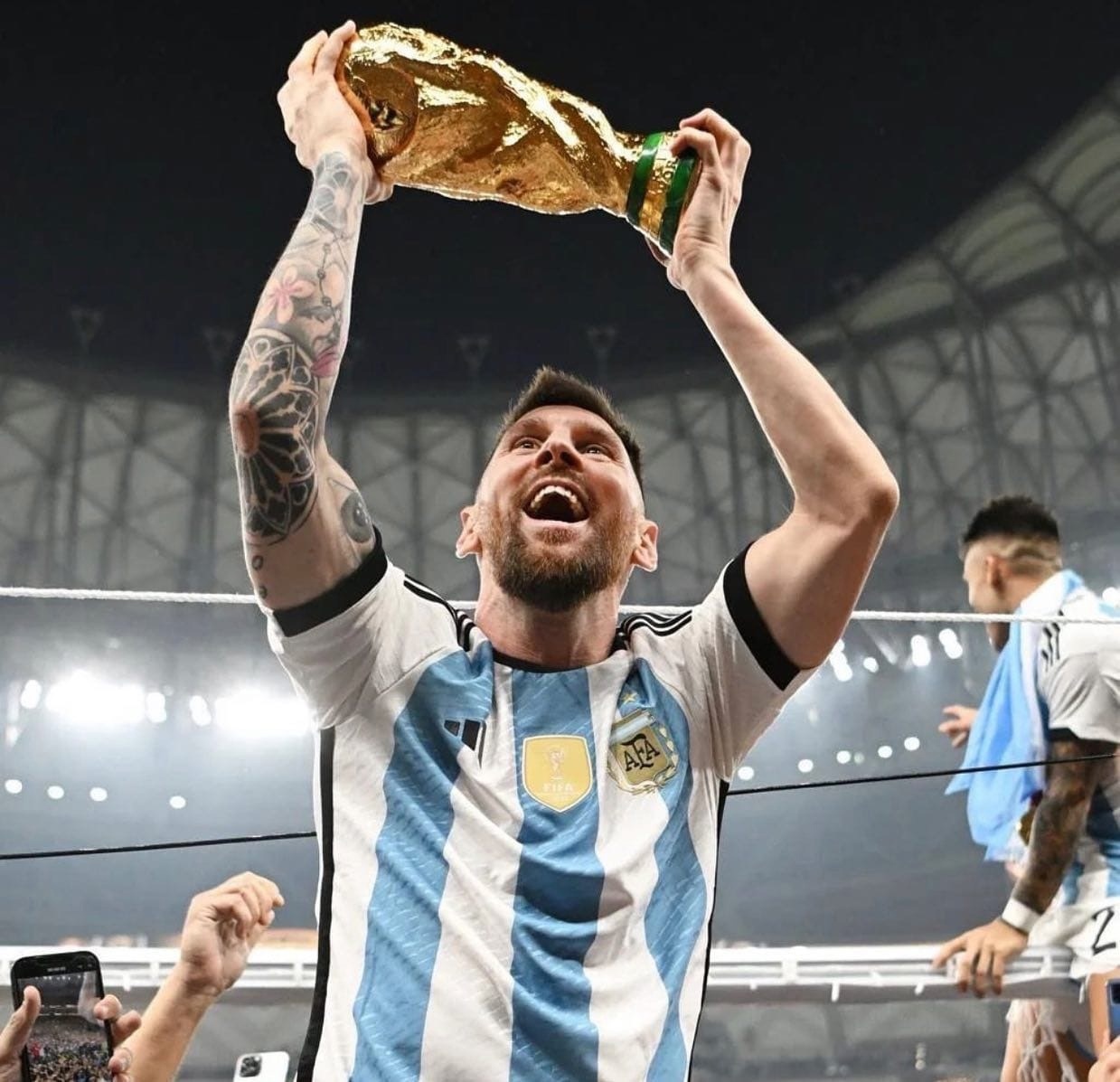“`html
The football world recently witnessed a spectacle far grander than just 90 minutes of captivating play: the inaugural edition of the newly formatted FIFA Club World Cup. While on-pitch battles raged, a parallel, equally intense drama unfolded off it. This revamped tournament didn`t just crown a champion; it unexpectedly — or perhaps, inevitably — became a seismic disruptor for the usually predictable summer transfer window, ushering in a series of strategic maneuvers that many might have overlooked amidst the fanfare.
For decades, the summer transfer window operated with a familiar cadence: a slow build-up to July 1st, then a frantic dash. This year, however, the Club World Cup introduced what could only be described as a `transfer vortex.` With additional registration windows preceding and during the competition, clubs found themselves navigating an unprecedented landscape, forcing them to accelerate plans, react to on-field performances, and make decisions that would shape their future well ahead of the traditional deadline. It was, for lack of a better term, a delightfully chaotic experiment.
The Champions` Mandate: Chelsea`s Post-Cup Spending Spree
Chelsea`s surprise victory against PSG, culminating weeks after clinching the UEFA Conference League, seemed to inject an immediate, almost primal urge for further investment. While some might interpret their subsequent substantial spending as typical Chelsea behavior, the context of a fresh global trophy adds a curious dimension. The acquisition of Borussia Dortmund forward Jamie Gittens for a staggering £51.5 million, signing a deal until 2032, wasn`t just another big-money transfer; it was a statement. A statement perhaps fueled by the taste of victory, a desire to consolidate their unexpected global dominance, or simply a pre-existing plan accelerated by the tournament`s demands. Either way, Gittens, alongside Brazilian striker Joao Pedro, who himself shone in the tournament, represents a clear post-CWC intent: maintain the ascendancy.
Real Madrid`s Reimagined Defense: A New Era Under Xabi Alonso
For Real Madrid, the Club World Cup coincided with a changing of the guard. Carlo Ancelotti`s departure for the Brazilian national team paved the way for club legend Xabi Alonso. This managerial shift, coupled with the tournament`s demands, seemingly fast-tracked a defensive overhaul. Beyond the high-profile arrival of Trent Alexander-Arnold and Dean Huijsen, the re-signing of Spanish left-back Alvaro Carreras from Benfica for approximately $50 million marked a significant move. Carreras, a former academy product, returns to a club in transition. Was his acquisition a direct response to a perceived vulnerability exposed during the CWC, or simply the natural progression of Alonso`s tactical blueprint, now expedited by the need for a settled squad post-tournament?
Atletico`s Quest for Creativity: A Response to CWC Disappointment?
While Chelsea celebrated, Atletico Madrid endured a less-than-stellar Club World Cup campaign, exiting disappointingly in the group stages. Such premature exits often trigger immediate self-reflection and, more importantly, immediate action in the transfer market. Enter Thiago Almada. The former MLS sensation, after a loan spell at Lyon, made his permanent switch to Diego Simeone’s side for around $20 million. Was Almada`s arrival an attempt to inject the creative spark sorely missing in their CWC outings? For a club known for its defensive solidity, this attacking midfield acquisition, particularly post-tournament, suggests a tactical evolution, perhaps born from the stark reality of their CWC performance.
Inter`s Post-Inzaghi Renovation: A Forward-Thinking Approach
Inter Milan, like Real Madrid, also found themselves under new management post-Club World Cup, with Cristian Chivu stepping into Simone Inzaghi`s shoes. This period of managerial transition often breeds uncertainty, yet Inter`s transfer activity suggests a clear vision, particularly in attack. With Marko Arnautovic and Joaquin Correa departing, and young talent Francesco Pio Esposito already making a mark in the CWC, the acquisition of Ange-Yoan Bonny from Parma for around $25 million appears to be a calculated move. Bonny`s arrival signals a fresh impetus, indicating that the Club World Cup acted as a catalyst for Inter to solidify their attacking options and chart a new course under Chivu, even amidst the chaos of a managerial change.
The Saudi Magnet: Theo Hernandez and the Global Pull
Finally, the Club World Cup, a tournament designed to showcase global club football, also underscored the ongoing shift in power dynamics within the transfer market. While European clubs were busy acquiring talent, AC Milan made the surprising decision to offload their influential left-back, Theo Hernandez, to Saudi Arabian side Al-Hilal for approximately $25 million. This move, happening concurrently with the CWC fervor, serves as a poignant reminder that the allure of the Saudi Pro League remains potent. Hernandez`s decision, under the tutelage of former Inter manager Simone Inzaghi, highlights that the global football ecosystem now includes increasingly powerful non-European players. The CWC may have been a European-dominated affair on the field, but off it, the financial gravitational pull of the Middle East continued to exert its influence.
The New Normal: CWC as a Transfer Catalyst
The inaugural FIFA Club World Cup, with its extended format and strategic placement, has undeniably reshaped the traditional transfer narrative. It was more than just a pre-season tournament; it became a high-stakes proving ground and an accelerated decision-making arena. Clubs reacted, adapted, and in some cases, transformed their squads with remarkable speed. As football continues its relentless evolution, one thing is clear: the Club World Cup has cemented its place not just as a prestigious competition, but as a critical, albeit sometimes overlooked, catalyst in the ever-unfolding drama of the global transfer market. The summer of football truly began with a bang, and the transfer ripples are still being felt.
“`

